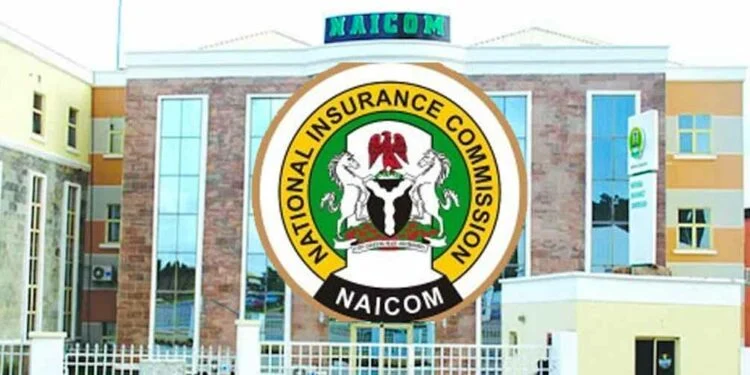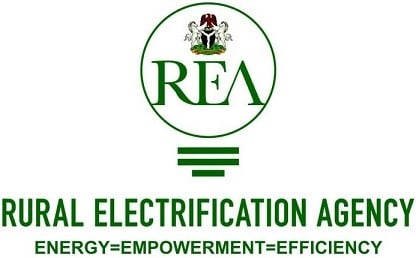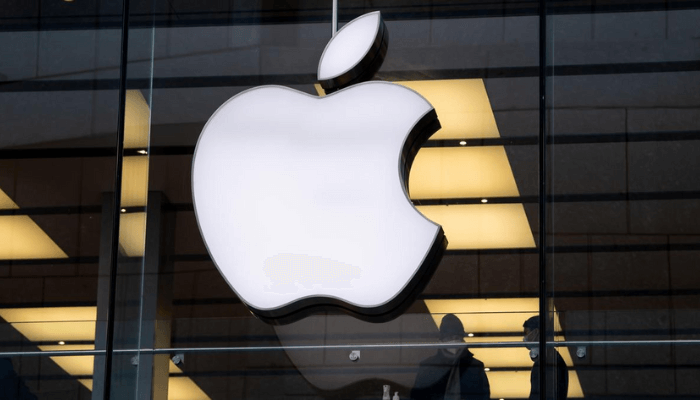Nigeria and Germany have decided to work together more closely in order to support the country’s micro, small, and medium-sized businesses.
The News Agency of Nigeria reported that the Minister of Industry, Trade, and Investment, Dr. Doris Uzoka-Anite, made these remarks in Abuja at a bilateral meeting between her ministry and the German Ministry of Economic Development.
Uzoka-Anite expressed gratitude for the two countries’ current alliance and hope for a closer bond that would strengthen their mutually beneficial relationship.
“We are delighted to have you here, and as we discussed in the side discussion, you have interests in agriculture, renewable energy, and expanding MSME access to financing.
She said that President Bola Tinubu was determined to make sure that inclusion, renewable energy, poverty reduction, and job creation were the main drivers of the economy’s recovery.
“All these years have been about increasing capital, food, and investment in the country, as well as boosting industrialization,” she remarked.
The Minister of Finance and Coordinating Economy is the chair of the Presidential Council on Industrial Revitalization, which was recently established by the President.
Uzoka-Anite said, “In that, we have an approximately 11-point agenda, in which we examine every economic sector and consider how to revitalize the economy through each of these sectors.
“We are aware that the MSMEs segment affects every sector and that if we can improve the SMEs, we are immediately contributing about 45 per cent to Nigeria’s Gross Domestic Product.
“Therefore, your arrival to collaborate and assist us in this progress is a significant boost to the president’s goal of expanding the economy to a trillion economy.”
In response, German Minister Svenja Schulze stated that Nigeria was among the first.
Germany began collaborating with these countries in 1959, and over time, their partnership grew and benefited both nations.
Nigeria and Germany have been working together more on economic matters in recent years.
In sub-Saharan Africa, Nigeria is Germany’s second-biggest trading partner. Cooperation in the energy industry is one of the top priorities of bilateral economic relations.
The restoration and growth of Nigeria’s electrical output are the main priorities, especially through renewable energies and improved energy efficiency – as well as greater participation by German companies in tapping energy sources in Nigeria.
“I want to emphasize once more that our cooperation is in our common interest,” she remarked.
In 2021, the German-Nigerian energy partnership—which dates back to 2008—was extended with the establishment of a Hydrogen Office in Abuja, in accordance with the Federal Government’s National Hydrogen Strategy.










